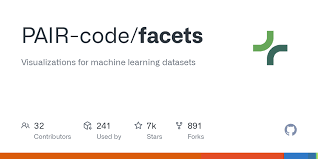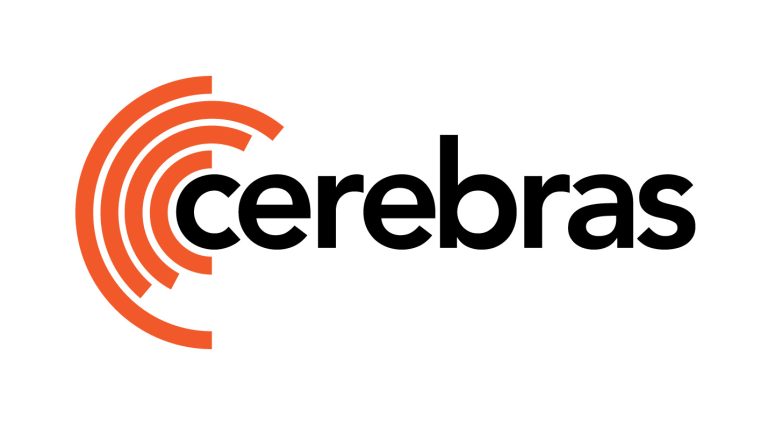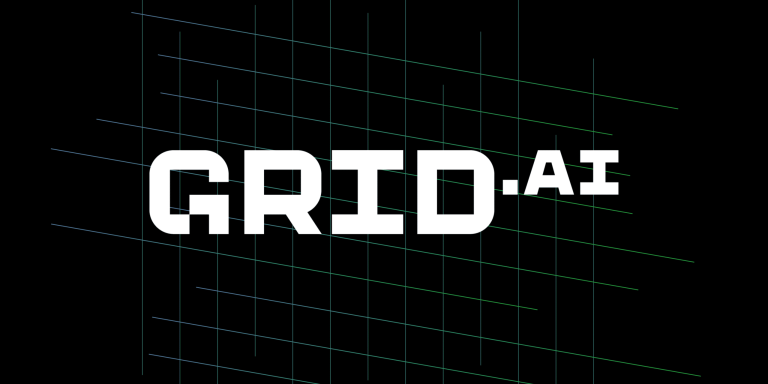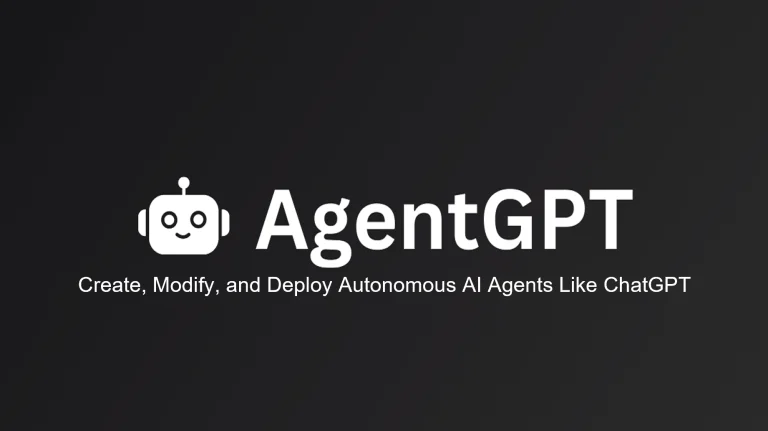Comet.ml Key Features
- Experiment Tracking: Comet.ml tracks every element of an experiment, from hyperparameters and datasets to model metrics and visualizations. Researchers can revisit and replicate any past experiment with ease.
- Model Optimization: The platform offers a range of tools for optimizing machine learning models, including hyperparameter tuning and visualization tools that allow researchers to explore the effects of different model configurations.
- Collaboration: Comet.ml offers team-based features that allow researchers to share experiments, results, and insights easily. This feature is ideal for larger research teams working on collaborative projects.
- Version Control for Models and Datasets: Comet.ml integrates with popular version control systems like Git, allowing researchers to track changes to their models and datasets throughout the research process.
- Integrations: It supports seamless integration with various machine learning libraries and frameworks such as TensorFlow, PyTorch, and Scikit-learn, as well as cloud services like AWS, GCP, and Azure.
Our Opinion On Comet.ml
Comet.ml is an excellent tool for tracking, managing, and optimizing machine learning experiments, particularly in research settings where reproducibility and collaboration are critical. Its comprehensive experiment tracking, model optimization features, and seamless integration with popular ML frameworks make it a powerful asset for research teams. While it may require some initial setup and learning, especially for users unfamiliar with ML workflows, Comet.ml offers significant value to researchers working on complex machine learning projects. It’s particularly well-suited for academic research groups and industry teams working on collaborative, large-scale ML projects.












